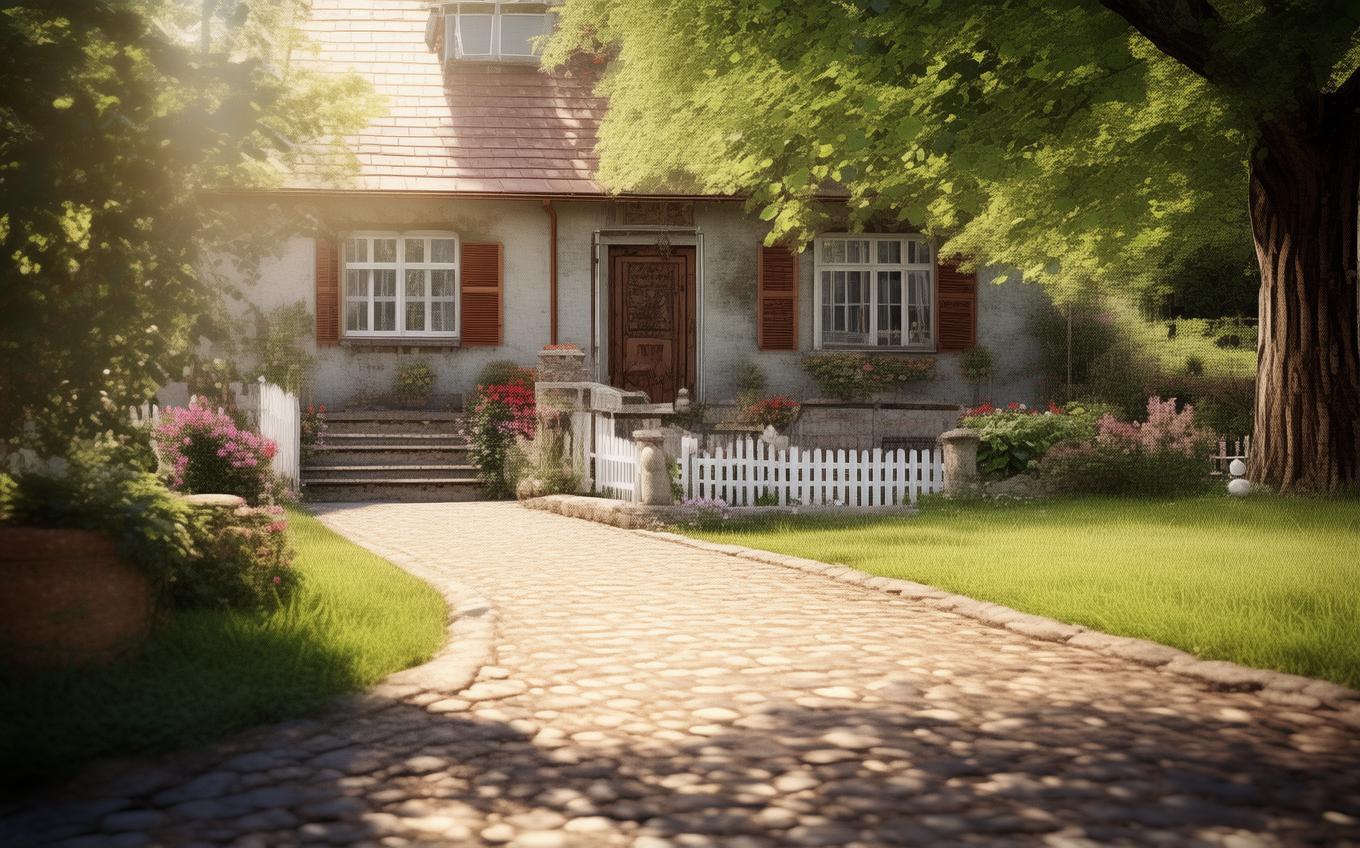Understanding "房子" - Chinese Word Explanation
1. Basic Information
- Word: 房子
- Pinyin: fáng zi
- Literal Meaning: "House" (房) + diminutive suffix (子)
- Primary Meaning: A general term for a house, apartment, or any residential building.
2. In-depth Explanation
Context and Usage
"房子" is a neutral and commonly used word for any type of dwelling, whether it’s a standalone house, an apartment, or a room within a larger structure. It’s more colloquial than formal terms like "住宅" (zhù zhái, "residence") and is widely used in everyday conversation.
Nuances:
- Unlike "家" (jiā), which can mean "home" in an emotional sense, "房子" refers strictly to the physical structure.
- It can be modified to specify types of housing, e.g., "大房子" (dà fáng zi, "big house") or "小房子" (xiǎo fáng zi, "small house").
Character Breakdown
- 房 (fáng): Means "house" or "room."
- 子 (zi): A neutral suffix that softens the term, making it sound more colloquial (similar to adding "-ie" in English, e.g., "house" → "housie").
3. Example Sentences
-
Chinese: 我的房子在市中心。
Pinyin: Wǒ de fáng zi zài shì zhōng xīn.
English: My house is in the city center. -
Chinese: 他们想买一套新房子。
Pinyin: Tāmen xiǎng mǎi yí tào xīn fáng zi.
English: They want to buy a new house. -
Chinese: 这间房子很宽敞。
Pinyin: Zhè jiān fáng zi hěn kuān chang.
English: This house is very spacious.
Cultural Notes
- In China, owning a "房子" is often seen as a major life milestone due to cultural emphasis on stability and family.
- Urban housing (e.g., apartments) is more common than standalone houses in cities due to high population density.
- The term doesn’t distinguish between owned or rented property; context clarifies this.
Conclusion
"房子" (fáng zi) is a versatile word for any residential space. Remember: it’s about the physical structure, not the emotional concept of "home." Use it to talk about houses, apartments, or even rooms in casual conversation.




Comments (0)
No comments yet. Be the first to comment!